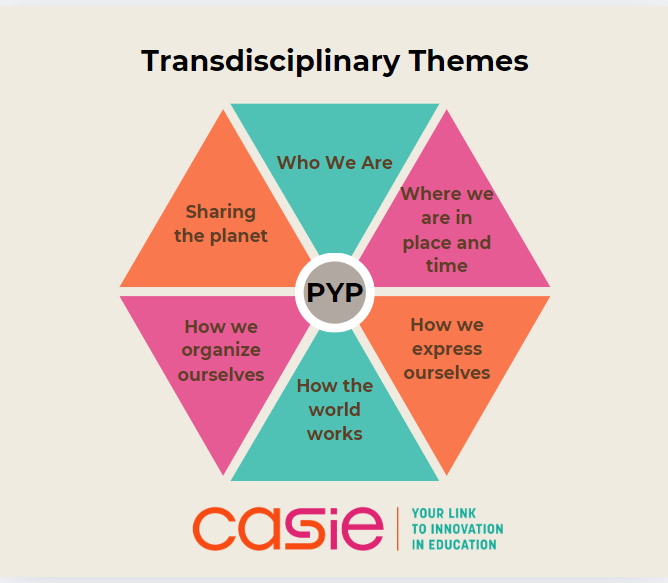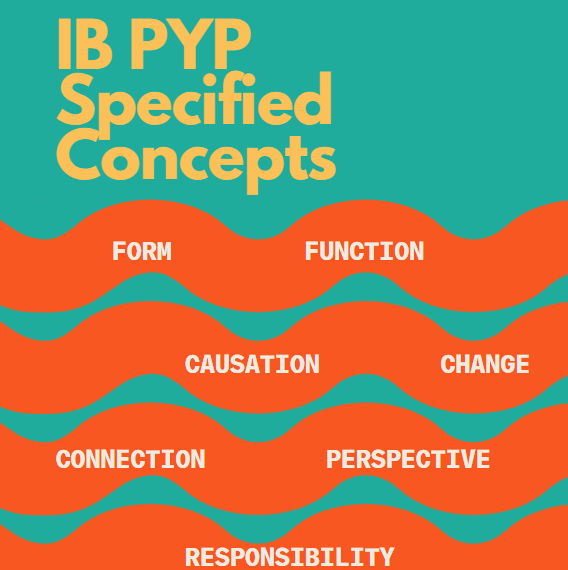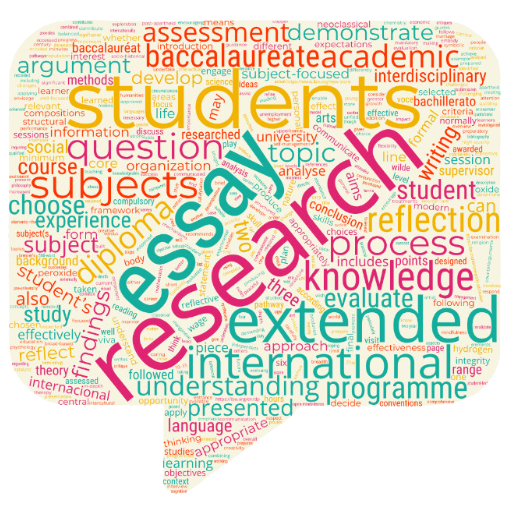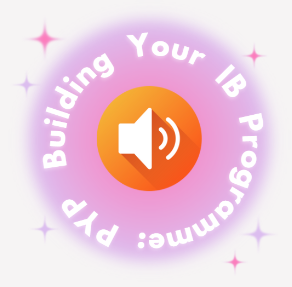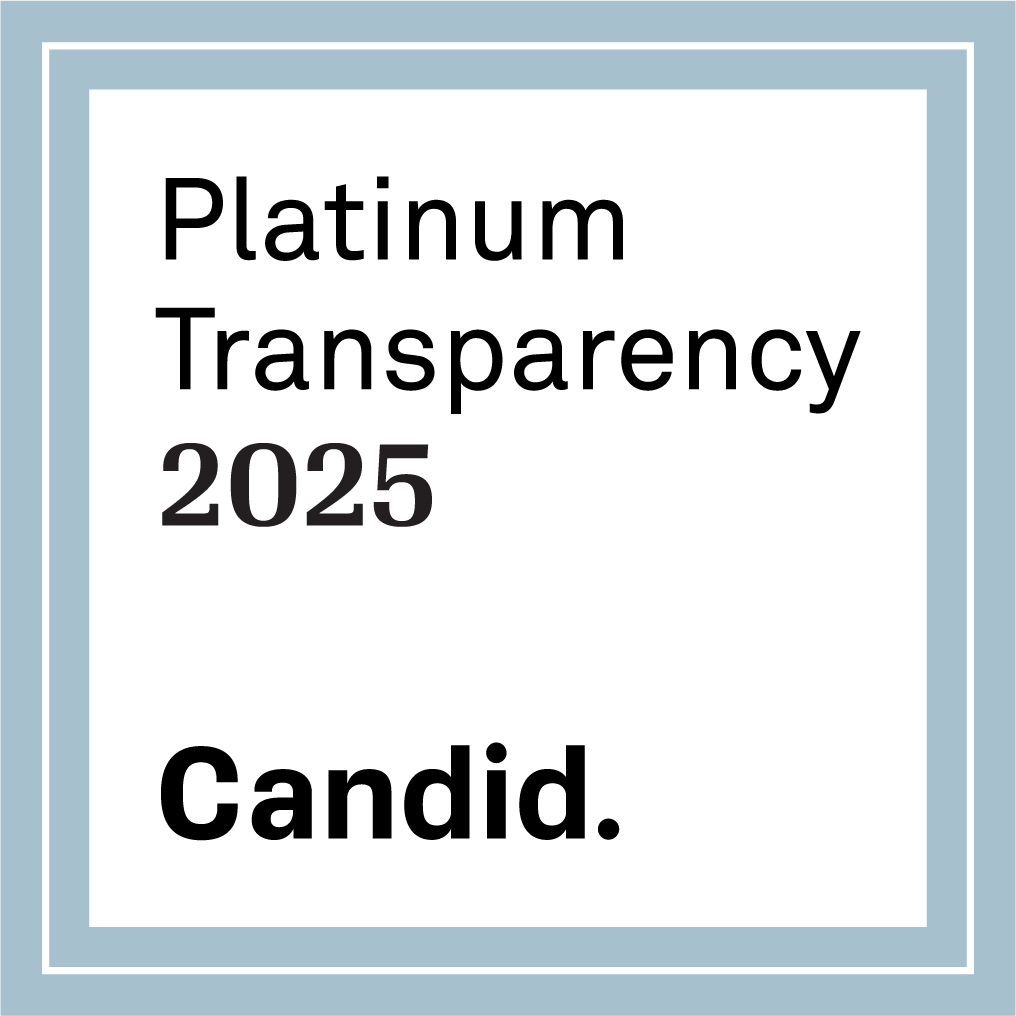Updated: Sep 12, 2022

What do students need to know (knowledge) to be successful today and in the future?
When modern educational systems were designed, the intent was to prepare students for their future. Decades ago, the future for students was influenced by agrarian and industrial economies. “The Three Rs” — Reading, ‘Riting, and ‘Rithmetic — were accepted as the essentials that students needed to learn in school. Now that we are in the Information Age, educators have determined that a different set of knowledge and skills are essential for our students to succeed throughout their lives.
The 4C’s
A host of organizations, including the National Educators Association (NEA), agree that “The 4C’s” are necessary skills for all students today. These skills are Communication, Creativity, Critical Thinking, and Collaboration. The Partnership for 21st Century Learning (P21) framework and report identify key subject areas and themes that will contribute to successful preparation for students. Key subjects highlighted by P21 are World Languages, Arts, Economics, Science, Geography, History, Government, and Civics to the old basics of Mathematics, Reading, and Writing (Language Arts). That is a list three times as long as in the previous era! Our knowledge needs are elevated further as the recommendation to learn the academic subject content at higher levels is highlighted in the report’s narrative. Higher levels entail providing context and application in the designated interdisciplinary themes. P21’s contextual themes are:
-
Global Awareness- understanding, collaboration and respect for other people, nations, cultures, and global issues
-
Financial, Economic, Business, and Entrepreneurial Literacy- understandings for personal and career options
-
Civic Literacy- understand local and global implications of civic decisions
-
Health Literacy- understand local and global health and safety issues; physical and mental health
-
Environmental Literacy – understand and address environmental challenges
-
Learning and Innovation Skills- communication, creativity, critical thinking, and collaboration
The IB (International Baccalaureate) has likewise pinpointed skills and character traits that students need to be successful in the world. The identified subject areas are viewed as vehicles for learning these skills and traits. Their targeted skills are Communication, Thinking (transfer, critical, and creative), Social (collaboration), Research (information and media literacy), and Self-Management (organization, affective, and reflection).
The IB’s contextual themes are:

Tony Wagner, Senior Research Fellow at the Learning Policy Institute and best-selling author, identifies seven skills for the 21st century in his book, The Global Achievement Gap, as being:
-
Critical Thinking & Problem Solving
-
Collaboration Across Networks & Leading by Influence
-
Agility & Adaptability
-
Initiative & Entrepreneurship
-
Effective Oral and Written Communication
-
Accessing & Analyzing Information
-
Curiosity & Imagination
The Glossary of Education Reform, (edglossary.org/21st-century-skills/) views 21st century skills as a set of knowledge, skills, work habits, and character traits. Their list is:
-
Critical thinking, problem solving, reasoning, analysis, interpretation, synthesizing information
-
Research skills and practices, interrogative questioning
-
Creativity, artistry, curiosity, imagination, innovation, personal expression
-
Perseverance, self-direction, planning, self-discipline, adaptability, initiative
-
Oral and written communication, public speaking and presenting, listening
-
Leadership, teamwork, collaboration, cooperation, facility in using virtual workspaces
-
Information and communication technology (ICT) literacy, media and internet literacy, data interpretation and analysis, computer programming
-
Civic, ethical, and social-justice literacy
-
Economic and financial literacy, entrepreneurialism
-
Global awareness, multicultural literacy, humanitarianism
-
Scientific literacy and reasoning, the scientific method
-
Environmental and conservation literacy, ecosystems understanding
-
Health and wellness literacy, including nutrition, diet, exercise, and public health and safety
The similarities within each list paint a complicated landscape of what it is our students need to know to be successful today and tomorrow. The next blog post will explore what students need to be able to do with this knowledge.
Author
-
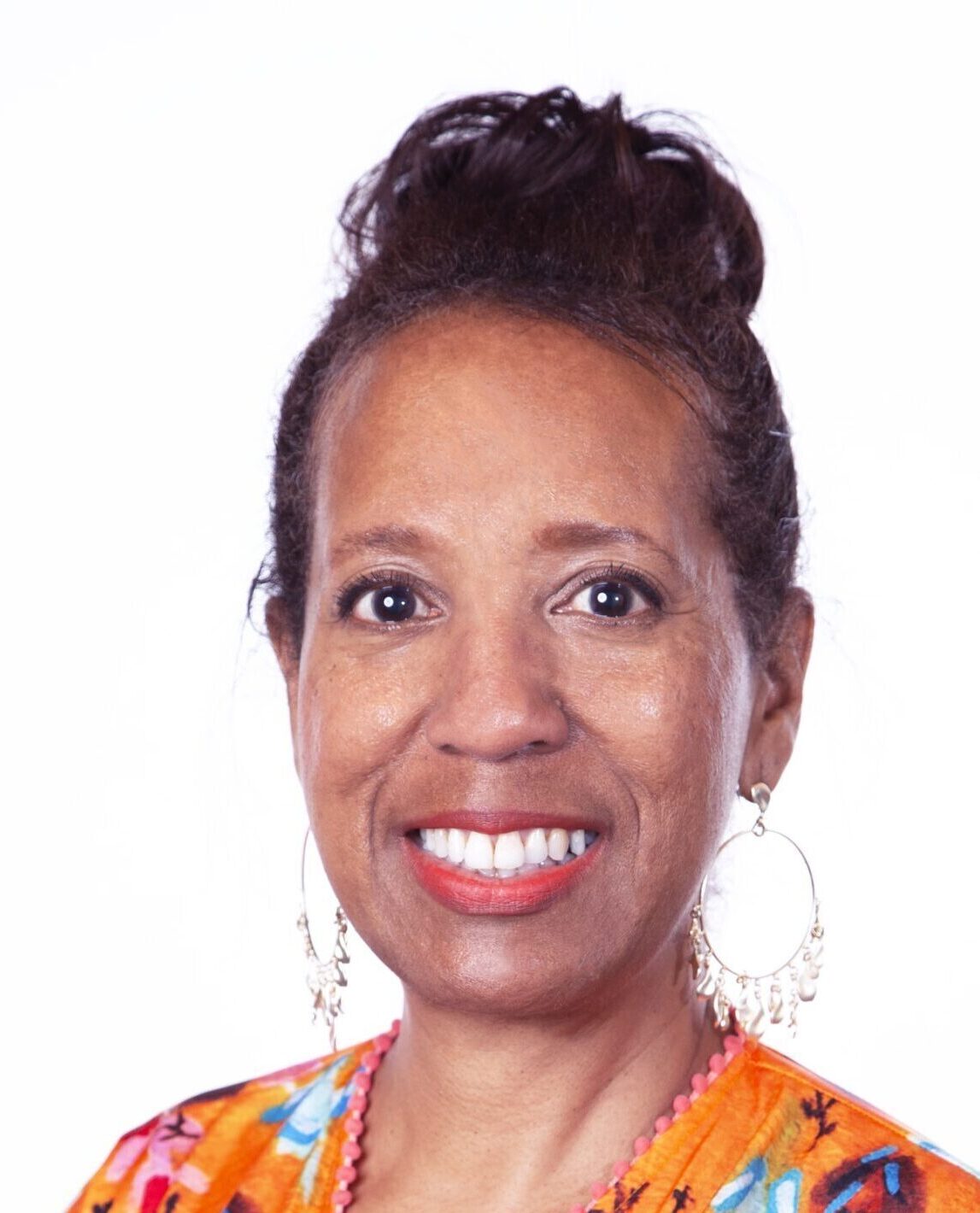
Jill is the CASIE Director of Education. She has a Master’s degree in Educational Leadership from Clark Atlanta University and a Bachelor’s degree in Education from The Ohio State University. Her past work experience includes serving as a teacher, IB coordinator, assistant principal, associate principal, 12 years as a principal with the last 7 leading an IB World School, Executive Director of Academic Programs including all four IB Programmes, head of of Curriculum and Assessment for Marietta City Schools, and an IB Educator Network programme leader. She enjoys learning, reading, walking, spending time with her husband, daughter, son, daughter-in-law, and friends.
View all posts

